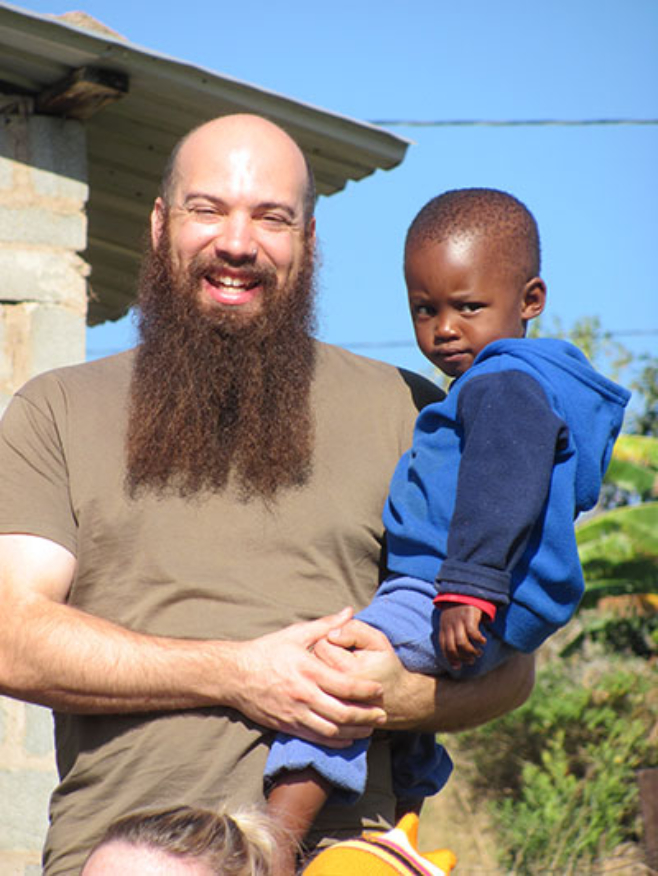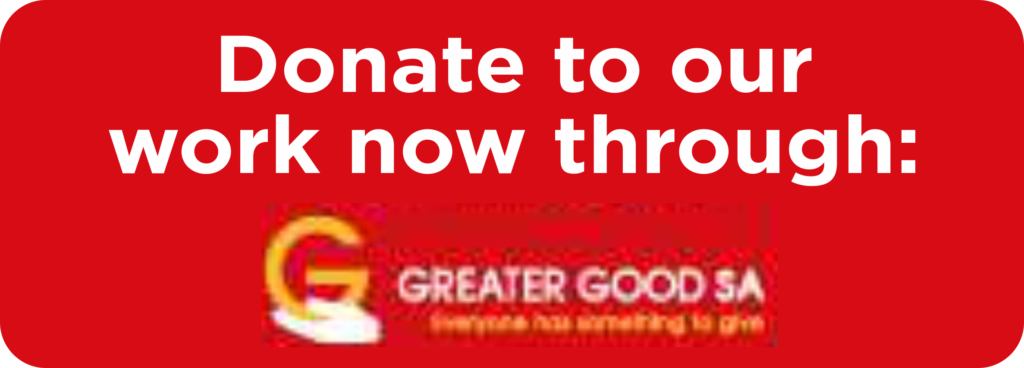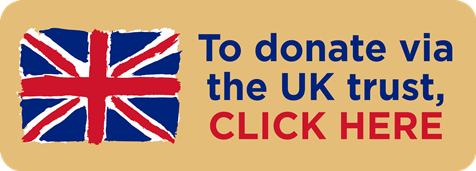Call: +27 (0)33 845 0400 | Email: [email protected]
Care
Poverty and inequality are amongst the most severe human rights concerns in South Africa. Many people are still without access to food, shelter, jobs and health care services. Continued and unacceptable levels of poverty, as well as growing inequality, have made South Africa one of the world’s leading societies of contrast. Poverty currently affects 40% of the population of South Africa.
In addition to fighting poverty, South Africa has the largest HIV epidemic in the world, with an estimated 7.5 million people living with the disease in 2021. In the same year, there were 210,000 new infections while 51,000 South Africans died from AIDS-related illnesses. In some communities of KwaZulu-Natal Province, where we are based, 60% of women have HIV. South Africa has the largest antiretroviral treatment (ART) programme globally, with 5.5 million people receiving medication. These efforts have been largely financed from South Africa’s own domestic resources. The country now invests more than $1.5 billion annually to run its HIV and AIDS programmes.


However, HIV prevalence remains high (19.2%) among the general population, although it varies markedly between regions.
For example, HIV prevalence is almost 40% in Kwazulu Natal compared with 18% in Northern Cape and Western Cape. Almost 25% of all South African children under the age of 15 have lost at least one parent to AIDS. T.B. is rife and child-headed households are on the increase.
Tuberculosis (TB) is the leading cause of death in South Africa, a trend that needs to be seen in the context of the HIV epidemic. People living with HIV are at a far higher risk of developing active tuberculosis as a weakened immune system will facilitate the development of the disease. Similarly, TB can accelerate the course of HIV. In countries with high HIV prevalence, TB has tripled in the past two decades, which clearly illustrates the link between the two diseases. In 2021 an estimated 304 000 people in South Africa fell ill with tuberculosis and 56 000 died from the disease, according to new World Health Organization (WHO) figures released in Oct 2022.
It is within this climate that Project Gateway aims to bring hope and an improved quality of life to people in and around the city of Pietermaritzburg. We have a number of projects devoted to helping the poorest of the poor: Sunset Overnight Shelter, after school care facility, community gardens, creches feeding schemes, food parcels HIV/AIDS and TB training Psycho-Social support.

